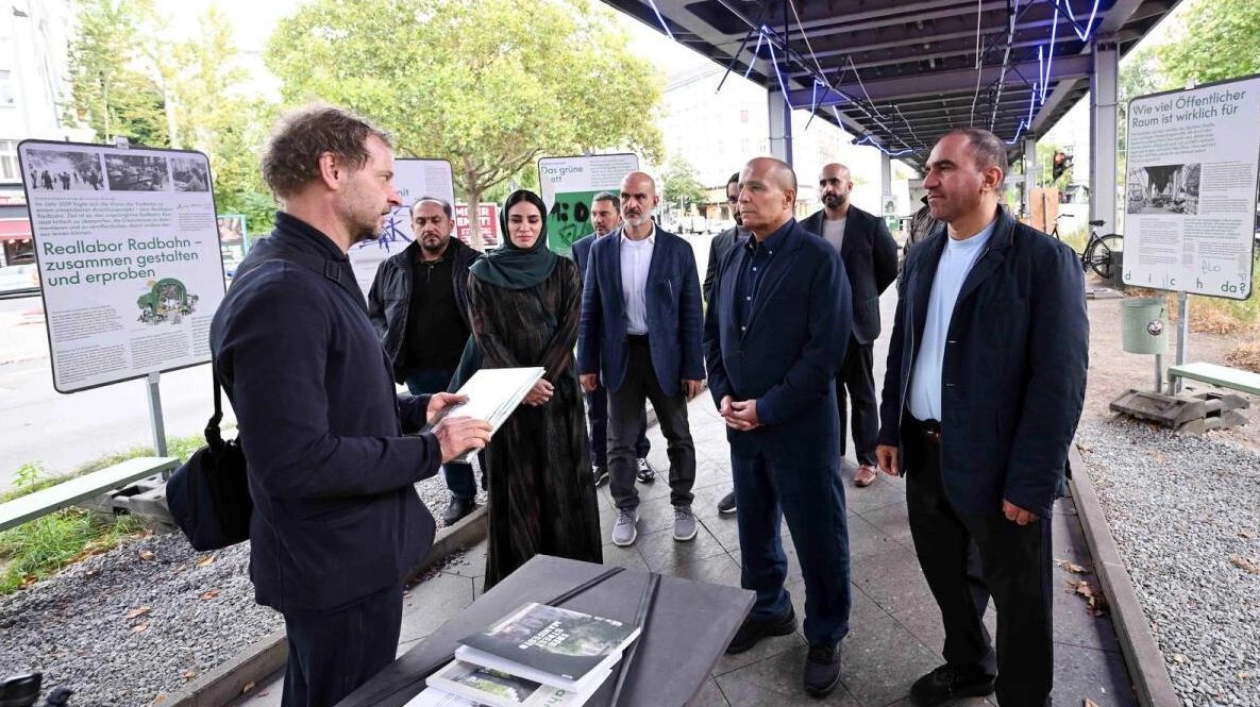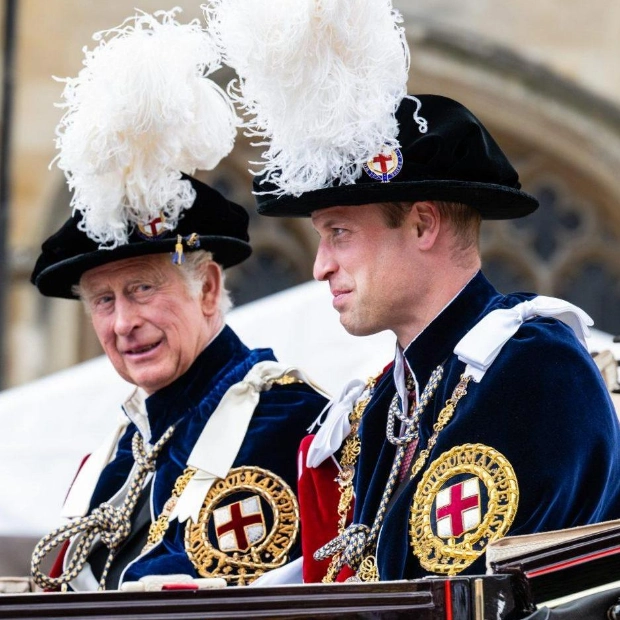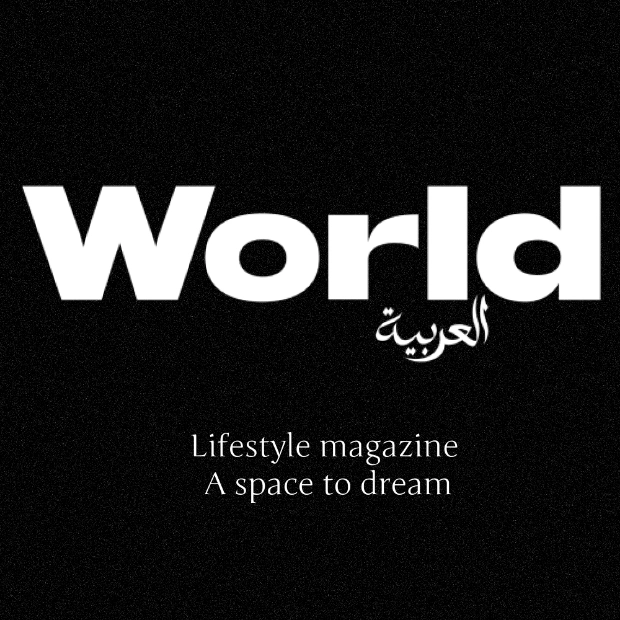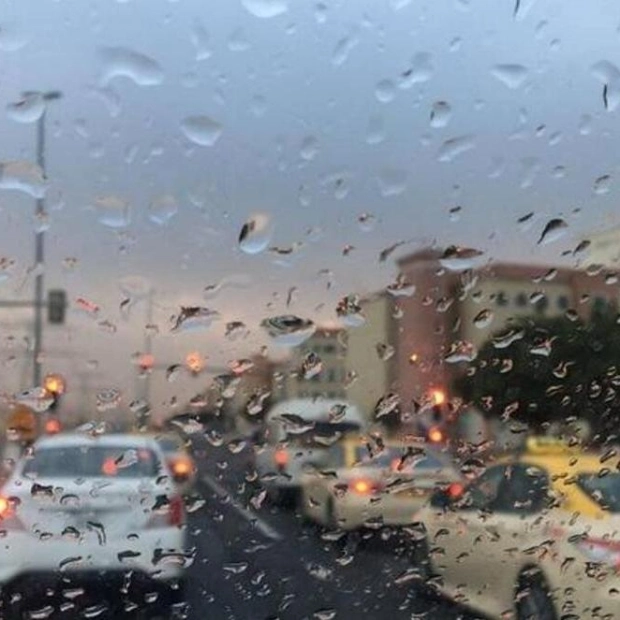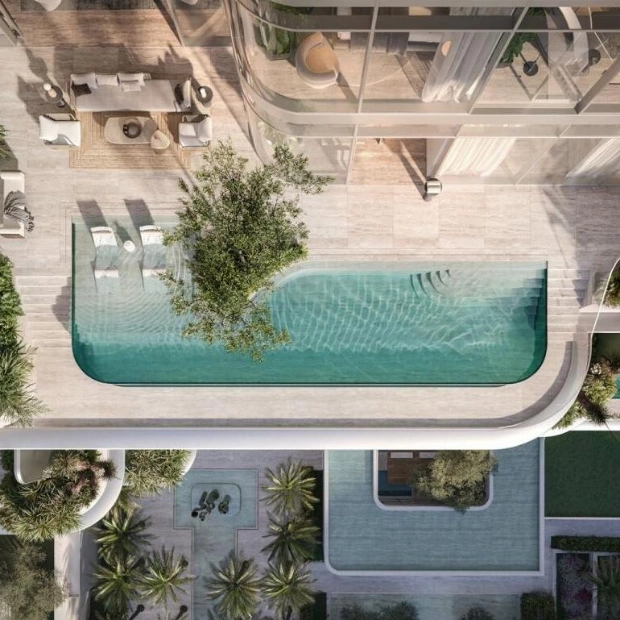Mattar Al Tayer, chairman of the Supreme Committee for Urban Planning in Dubai, recently visited Berlin to explore best practices in urban planning and infrastructure development, with a focus on enhancing well-being and integrated public transportation systems. During his trip, Al Tayer examined the Radbahn Berlin project, an innovative initiative that transforms under-bridge areas into lively corridors for cyclists and pedestrians. This project seamlessly combines infrastructure, such as metro stations and transportation networks, with public amenities like green spaces, providing an improved user experience.
Al Tayer also visited MOIA Company, a subsidiary of Volkswagen Group, which specializes in sustainable transport solutions. He was briefed on the company's urban transportation services and their plans to launch the first fully autonomous transportation network. Additionally, Al Tayer toured the EUREF Campus in Berlin, a hub for sustainable innovation where startups, research institutions, and government bodies collaborate on renewable energy, green technology, and urban sustainability.
Furthermore, Al Tayer explored Schneider Electric’s exhibition, where he learned about cutting-edge energy and automation solutions that contribute to a more sustainable urban future. He reviewed the company’s smart energy monitoring and lighting systems, energy storage solutions, and infrastructure for electric vehicle charging. His visit concluded with a tour of the zeemobase laboratory, a multimodal station powered by renewable energy.
Al Tayer highlighted the significance of this visit in gaining insights from global leaders in urban and transport planning, addressing key challenges faced by major cities, such as population growth and sustainability. “We aim to leverage the experiences of leading global cities in urban planning to achieve the goals of the Dubai Urban Plan 2040, positioning Dubai as the best city in the world to live in,” Al Tayer stated. The plan focuses on providing sustainable and flexible mobility options, aiming for 55% of Dubai’s residents to live within 800 meters of public transport stations by 2040. It also targets a 105% increase in green and recreational spaces and ensures that over 80% of residents can access essential services within 20 minutes of travel.
